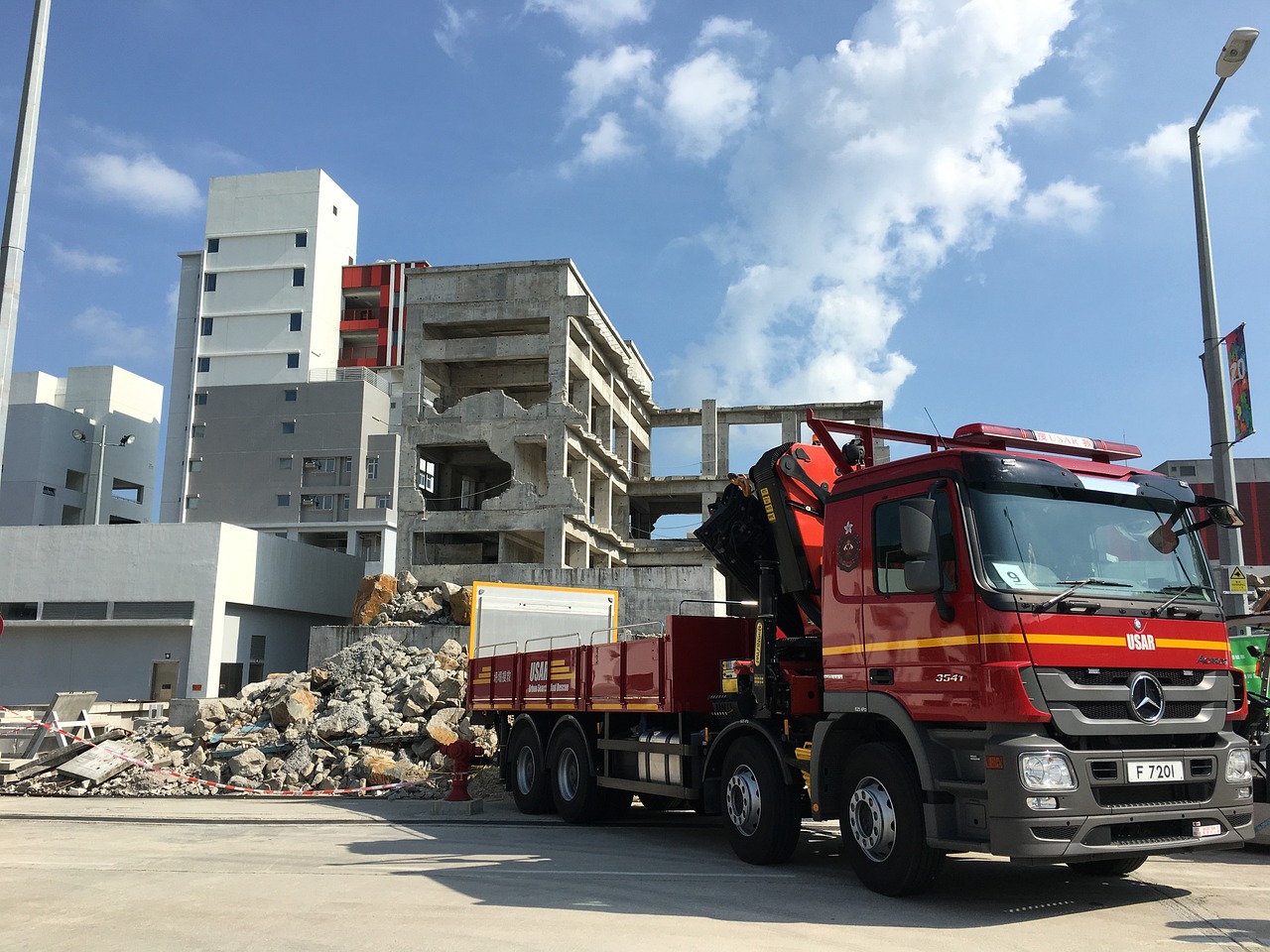
Covid-19 Highlighted the Need to Swiftly Transition Business Operations and Employees to Remote Work for Safety. While not a typical disaster involving data loss, it served as a valuable learning experience to make sufre you have your BDR in place.
Every busines should have a solid BDR (Business Technology Disaster Recovery) in place to ensure the continuity of its critical technology systems and data in the event of a disaster or disruptive incident. The goal of a business technology disaster recovery plan is to minimize downtime, mitigate data loss, and enable the organization to resume normal operations as quickly as possible following a disaster.
Unfortunately, the consideration of a business disaster recovery plan often arises only after an incident has occurred.
So, what precisely is required for an effective disaster recovery plan? Numerous crucial components contribute to a robust disaster recovery plan.
Let’s simplify and break it down:
- Risk Assessment: Identify things that could go wrong with your technology and data. Figure out how bad these problems could be for your business.
- Business Impact Analysis (BIA): Look at all the different parts of your business and decide which ones are most important to get back up and running quickly. Decide how long you can afford for each important part to be down.
- Backup and Data Recovery: Make copies of your important information regularly. Keep those copies in a safe place away from your main office. Have a good plan to quickly get back your information if something bad happens.
- Redundancy and Failover Systems: Have extra systems ready to go to keep your business running smoothly. If your main systems fail, these backup systems should kick in automatically.
- Communication Plan: Make a plan to talk to your team, customers, and others if something goes wrong. Set up ways for your recovery team to communicate easily.
- Employee Training: Teach your team what to do if there’s a problem. Practice what to do regularly to be prepared.
- Infrastructure Protection: Put measures in place to keep your technology safe from physical and online threats. Protect against things like computer attacks, power outages, or natural disasters.
- Documentation and Procedures: Write down exactly what your recovery team should do step by step. Make a guide to help us quickly get back your systems and data.
- Testing and Maintenance: Regularly check if your disaster recovery plan works well. Keep the plan updated as your technology changes.
- Regulatory Compliance: Follow the rules and standards set by your industry to make sure your disaster recovery plan is good enough.
A Managed Service Provider is here to lend a helping hand.
Imagine your business is a car, and your technology is the engine that keeps it running. A seasoned Managed Service Provider (MSP) is like a skilled mechanic who not only knows how to keep the engine running smoothly but is also prepared to fix it quickly if something goes wrong.

- Experienced Problem-Solvers: MSPs are like expert mechanics who have fixed many engines before. They know the ins and outs of technology and can quickly figure out what’s wrong.
- Preventing Breakdowns: Just like a good mechanic checks your car regularly, an MSP keeps an eye on your technology. They catch and fix small problems before they become big disasters.
- Fast Repairs: If your car breaks down, you want a mechanic who can get it back on the road quickly. An experienced MSP does the same for your technology, minimizing the time your business is stuck.
- Backup Plans: Think of an MSP as someone who not only fixes your car but also has spare parts ready. They help you set up backup plans so that if something fails, there’s a backup ready to take over.
- Remote Assistance: Imagine if your mechanic could diagnose and fix your car without being physically there. MSPs often have tools that allow them to help you remotely, solving problems without needing to be on-site.
- Protecting Against Threats: Just as a mechanic ensures your car is safe on the road, an MSP protects your technology from online threats. They help set up safeguards to prevent cyber-attacks.
- Upgrading and Improving: A good mechanic suggests upgrades to keep your car running better. Similarly, an MSP recommends and implements improvements to your technology as it evolves.
- Communication Experts: If your car has a problem, you want your mechanic to keep you informed. MSPs are like communication experts who let you know what’s going on and what they’re doing to fix it.
Essentially, a business disaster recovery plan is essential to ensure continuous operations. Crafting one can be challenging, but a seasoned Managed Service Provider excels in this task. They specialize in maintaining seamless operations for clients, driven by both expertise and a vested interest in optimal performance. It’s crucial not to wait until after a disaster to assemble a plan; being proactive with preparation is far more effective than reactive recovery.


